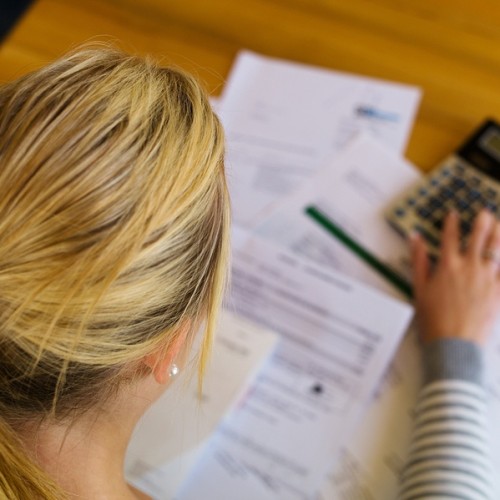- Should I pay off my student loans as quickly as possible?
- Can my student debt prevent me from getting a mortgage?
- How can a RRSP help me buy a house, despite my student loans?
- Is a $700/month rent the same as a $700/month mortgage payment?
A recent Canadian study show that millennials (aged 19 to 35 in 2016) did not feel the urgent need to buy their first homes. In fact, nearly three out of four people surveyed indicated that they were in no rush to become homeowners.
However, most probably after second thought, many more millennials will switch from being renters to homeowners than the survey stats show. One millennial out of four will still buy a home within the next year or so—and find himself or herself with both a mortgage and student loans to pay off.
Student debt: A sizable strain on the budget
More and more students are graduating with major debts to be paid off over several years (the Québec average was $13 967 in 2011, according to the Fédération étudiante universitaire du Québec). Even if the interest rates of financial aid programs are low, students nevertheless have a debt to reimburse after many years at university; this represents a significant financial burden when starting out in life.
Graduates can often find themselves with over $1000 per month in student loan repayments (it has to be done to get out of debt one day!) as well as hefty personal line of credits (sometimes of several thousand dollars), which have higher interest rates. This can prevent you from getting a mortgage—even if you have a salary of $50 000 a year or more.
Renting vs buying
If you’re paying $600 or $700 a month in rent for an apartment in Montréal, for example, it stands to reason that you may be considering buying a home. You may tell yourself: “My uncle pays $700 a month for his house; I should be able to do the same!” However, this is a fallacy: a $700/month mortgage is not the same thing as a $700/month rent.After having covered your monthly mortgage payment, there are still some “tiny” details to take care of: municipal taxes, repairs, renovations, outdoor maintenance, buying electrical appliances (if needed), and cable and electricity, which may have been included in your rent.
Investing in a RRSP and paying off your debt
So how can you quickly pay off your student loans and purchase your first home in a reasonable timeframe? You can invest in a RRSP, which you will, at one point, convert into a Home Buyers’ Plan (HBP)—all while slightly reducing your loan payments. By investing in a RRSP, you will cumulate a nest egg that will enable you to save on income taxes each year. Moreover, your RRSP will grow over time. When you’re ready to buy your first home, you’ll have a substantial downpayment that will allow you to save on interest.
Therefore, with a monthly RRSP contribution (or a weekly deduction off your pay is even easier!), you may reimburse your student loans a little more slowly; however, you’ll save on income taxes and build up your downpayment. RRSPs normally also gain in more value than what the interest on your loans coasts you. At the end of the day, you’ll most likely save several thousand dollars.
Key takeaways
- Investing a part of your weekly or monthly revenue in a RRSP rather than reimbursing your student loans at low interest rates may be more advantageous.
- Contributing to an RRSP from your pay is a great way to save money to buy your first home with a HBP.
- Even if it appears that you’ll pay the same amount on your mortgage as on your rent, remember that owning a home entails many more expenses that you may have first considered.

